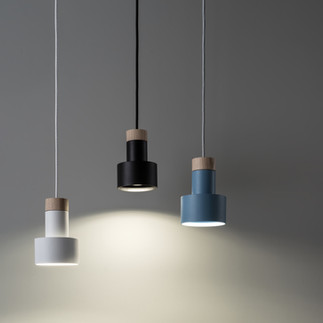Are you ready to trim your electricity bill while making a positive impact on the environment? Upgrading to energy-efficient appliances and devices might be your key to substantial, long-term savings.
Energy-efficient appliances often come with a higher price tag, so the question naturally arises: Are they worth the extra investment? Let's delve into why these appliances are not only eco-friendly but also pocket-friendly.
The Shift Towards Energy Efficiency
Global concerns regarding climate change have spurred countries, including South Africa, to enact energy efficiency regulations aimed at reducing electricity consumption. As a result, technological advancements have given rise to energy-efficient appliances that use less electricity while maintaining or even enhancing their functionality compared to their less efficient counterparts.
But it's not just about energy consumption during operation. Today's energy-efficient appliances offer a host of additional benefits:
Reduced Standby Power: They minimize standby power usage, so you're not unknowingly draining electricity when devices are in standby mode.
Advanced Features: Many come equipped with innovative features like blue light filters, automated load detection, and water-saving functions, enhancing their overall utility.
Extended Lifespan: Environmental concerns extend to product lifecycles. Energy-efficient devices tend to have longer lifespans, require less maintenance, and experience fewer breakdowns, resulting in long-term cost savings.
Where to Begin Your Energy Efficiency Journey
The savings you can reap from upgrading to energy-efficient appliances depend on several factors:
Frequency of Use: How often you use the appliance.
Appliance Age: The age of the appliance you're replacing.
Energy Efficiency Rating: Pay attention to the South African Energy Efficiency label and its seven efficiency levels. Appliances with an A+++ rating offer the highest energy efficiency and will yield the most significant electricity bill savings.
Here are some prime candidates for upgrading:
Fridge/Freezer: These appliances operate around the clock and are among the largest electricity consumers in households. An energy-efficient model can slash electricity use by up to 40%.
Washing Machine: Another significant electricity consumer, upgrading to an energy-efficient washing machine can save up to 50% on electricity, often with water-saving features.
Stoves: Frequent use makes stoves key contenders for efficiency upgrades. Energy-efficient stoves can cut electricity usage by up to 30%. Alternatively, consider switching to a gas model for quicker and more efficient cooking.
Dishwasher: Energy-efficient dishwashers can reduce electricity consumption by up to 25% and often include water-saving options.
Air Conditioner: Notorious for their power hunger, air conditioners can be tamed with an energy-efficient model, potentially saving up to 40% on electricity usage.
Lighting: While not an appliance, switching to energy-efficient LED lightbulbs is an effortless upgrade, saving up to 90% on lighting costs. Plus, they last longer than traditional incandescent bulbs.
Geysers: Geysers typically account for a substantial portion of household electricity bills, up to 40%. If you're not ready to replace your geyser, consider upgrading the element to a more energy-efficient one or investing in a smart geyser device to trim monthly costs.
Investing in energy-efficient appliances isn't just about saving money; it's a step towards a more sustainable and eco-conscious future. By making these choices, you're not only lightening the load on your wallet but also contributing to a cleaner and greener world. 🌍💡













Comments